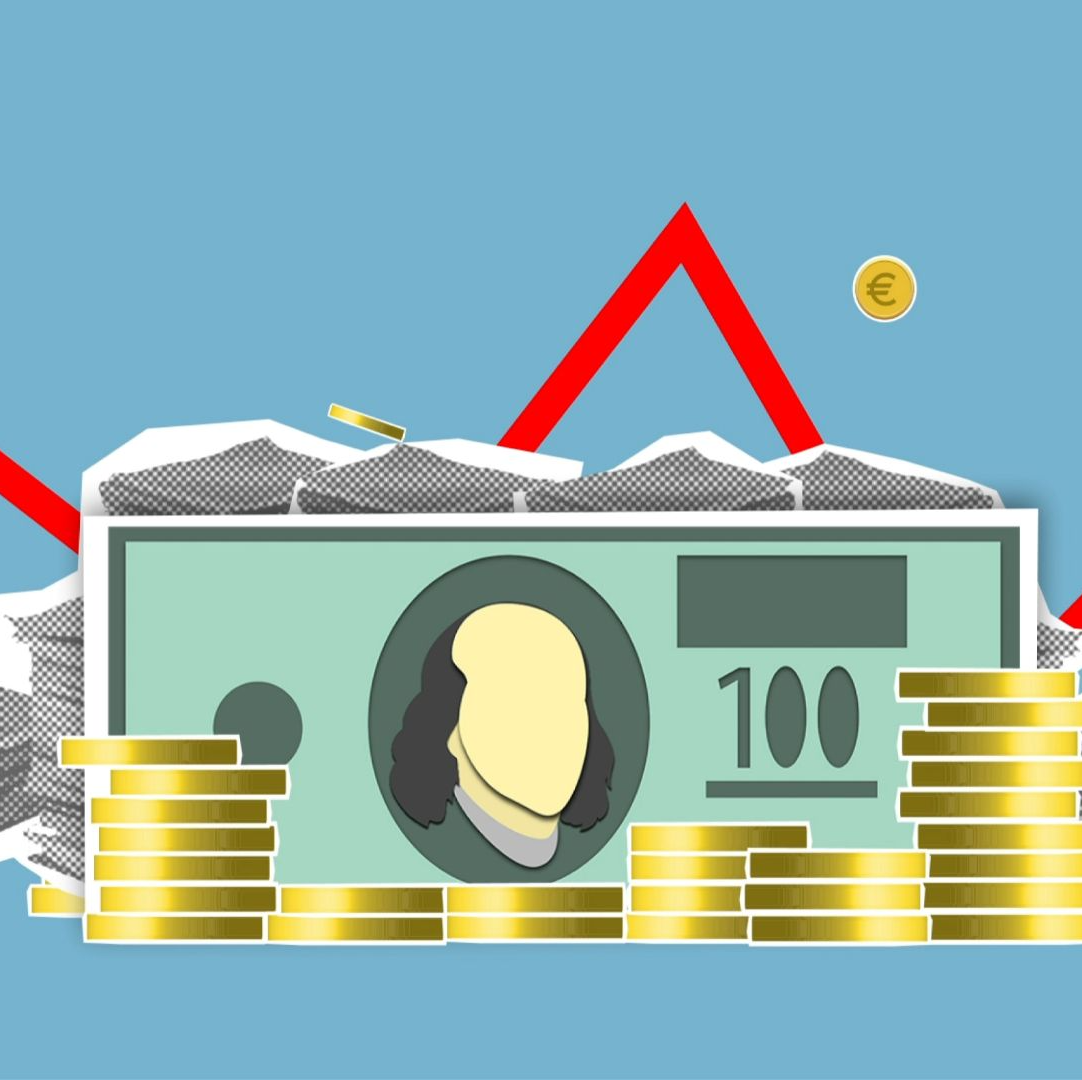A health savings account (HSA) is a unique tax-advantaged account for medical expenses. The tax advantage makes it a smart way to save for future medical bills in retirement. Most consumers utilize their health savings account (HSA) to pay for medical expenses that aren’t covered by their high-deductible health plan (HDHP), including doctor’s office copays and other eligible medical charges. An HSA is a great way to save for retirement. Rather than taking money out of your HSA every time a medical bill arises, experts advise paying for medical expenses out of pocket and allowing your HSA to grow. Who Can Open a Health Savings Account (HSA)? To contribute to a health savings account (HSA), you’re required to enroll in a high-deductible health plan (HDHP) with no extra health coverage. However, not all high-deductible health plans qualify for an HSA, so you should check with your HR department or insurer to see if yours does. In 2022, the maximum annual HSA contribution for an individual medical plan is $3,650 and $7,300 for a family plan. For those aged 55 and older, there is an additional $1,000 catch-up payment. Penalties for violating the HSA You can use money from your HSA to pay for qualified medical costs at any time, penalty-free and tax-free. When you reach the age of 65, you can then use your health savings account for anything without incurring a penalty (but non-qualified medical withdrawals will be subject to income tax, just like any other standard retirement plan). If you take money out of an HSA for non-qualified medical expenses before age 65, you’ll face a 20% penalty and income taxes. What Are the Tax Benefits of a Health Savings Account (HSA)? HSAs are supposed to offer a three-fold tax benefit:
- At work, you can make a pre-tax contribution (you also won’t pay FICA taxes on your contributions).
- You won’t have to pay any taxes on your earnings if you keep them in the account. (You don’t have to pay taxes on any dividends, interest, or capital gains you earn.)
- You can take the money out at any time to pay for eligible medical expenses, and it will not be taxed.
1. Your HSA Funds Can Be Invested Like a 401(k) Money can be invested in an HSA and grow tax-free over time. Many HSAs allow you to invest in stocks, bonds, mutual funds, and exchange-traded funds (ETFs). Some HSA providers have a more comprehensive range of investment possibilities than others. 2. Using Your Health Savings Account to Plan Your Retirement An HSA is a great way to save for retirement. Medical costs rise rapidly as we get older. By maximizing your contributions and investing them in growing until retirement, you may be able to build a significant healthcare nest egg for yourself. Along the process, you’ll also save a lot of money on taxes.
- For Early Retirement: Your HSA can fill the gap until you reach age 65 and become eligible for Medicare.
- HSAs can pay for things that Medicare doesn’t.
- You can use your HSA to reimburse you for previous medical bills: Keep proof of payment and receipts if you get audited by the IRS or if your HSA provider wants to know more.
- You can use your HSA to pay for long-term care: Long-term care insurance premiums can also be paid using money from an HSA, up to a set amount yearly based on your age.
3. HSAs are also a good option to leave money to your spouse if you pass away. If you name your spouse as the account’s beneficiary, it becomes their HSA after you pass away. This means that your spouse can let the account grow tax-free while withdrawing funds for their eligible medical costs. Is a Health Savings Account (HSA) a Good Option for You? Because an HSA is only available to people who have high-deductible health plans, you should be sure this is the correct type of coverage for you. In 2022, high-deductible health plans must have a minimum deductible of $2,800 for family coverage and $1,400 for self-only coverage. As a result, these accounts may not be appropriate for people who have significant healthcare bills, such as pregnant women or those who have chronic conditions. It’s more suitable for wealthier individuals and families who can take advantage of the tax benefits while also accepting the risk.
Contact Information:
Email: [email protected]
Phone: 6096581732













